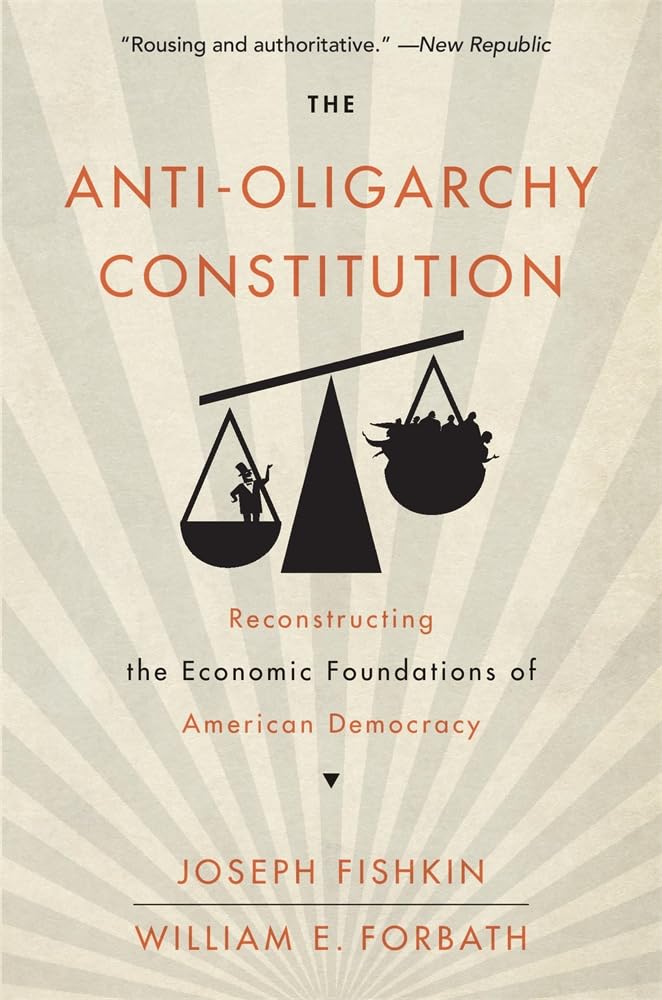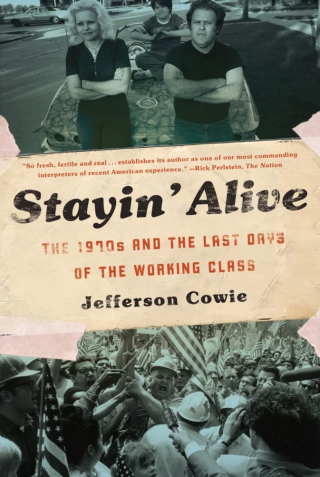Fishkin and Forbath address this profound lacuna by looking to a longstanding “democracy-of-opportunity” tradition embedded in American constitutional practice, one critical of oligarchy and committed to socio-economic equality and broad-ranging inclusion. In the process, they take two domains that liberal voices have often treated as separate—constitutionalism and the market—and fuse them in ways that dramatically turn the page on the old and self-defeating liberal proclamation of constitutional neutrality vis-à-vis the economy. All of this amounts to an essential resetting of the intellectual and political table, ensuring that the conversation going forward does not treat capitalism as a side show to the Constitution, but as a central site of left-liberal legal concern and intervention.
This effort is very much to be applauded. What I want to do here is explore one of the thorniest issues connected to the democracy-of-opportunity tradition: the persistent political link in historical practice between U.S. imperial power and internal economic equality. My comments are less a critique of their argument and far more an attempt to think through why the tradition has remained historically incomplete and only partially fulfilled. Fiskhin and Forbath certainly highlight how the “tragedy of American political and constitutional development” entails the longstanding American wedding of “democratic and egalitarian aspirations to the racist causes” of slavery and Indigenous dispossession, not to mention to gender subordination. As Fishkin and Forbath are well aware, the problem with U.S. constitutional development has been more than a failure to live up to inclusive ideals. The historical high-tides for the domestic experience of democracy-of-opportunity have very clearly occurred during periods of territorial and global expansionism.
One can appreciate this link by exploring the law and politics of the mid-nineteenth and mid-twentieth centuries. With respect to the long Jacksonian era, Thomas Piketty notes in Capital in the Twenty-first Century that throughout the 1800s—indeed even during the Gilded Age—wealth inequality in the United States was “markedly lower than in Europe.” In other words, for many white male settlers in America, an egalitarian political economy was a genuine experience. Piketty does not provide a proper explanation for why, but the answer is fairly evident. Throughout the century, the dominant collective project was the imperial one of “settling” Indigenous land—expropriating territory and demographically replacing Native with white communities. This project provided easy access to property, cut against oligarchic tendencies, and facilitated small-scale white producerist democracy. White settler society did have its persistent class inequalities. But empire as a way of life fed the cultural embrace of Jacksonian white egalitarianism and made the democracy-of-opportunity tradition real for countless white laborers. In this way, the tradition was inextricably a settler imperial one.


